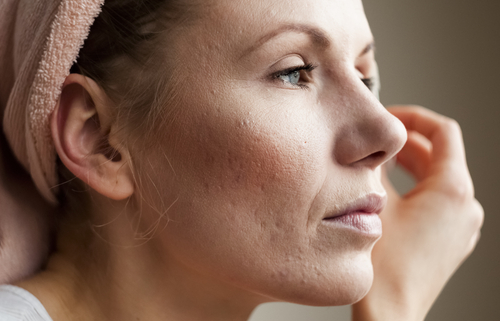Doctors reminded to follow guidelines when prescribing Roaccutane
BSI Staff Writer
Published date: |
|
Modified date: |
|
 The British Association of Dermatologists has reminded doctors to adhere to guidelines when prescribing anti-acne drug Roaccutane, after campaigners suggested that it was being handed out to patients too liberally.
The British Association of Dermatologists has reminded doctors to adhere to guidelines when prescribing anti-acne drug Roaccutane, after campaigners suggested that it was being handed out to patients too liberally.
The drug's manufacturer, Roche, warns that "some patients may experience mood changes, including an increase in depression".
In 2014, medicines watchdog the MHRA issued a warning to doctors about the potential for psychiatric disorders such as depression, anxiety, and in rare cases suicidal thoughts.
However, campaign group the Adverse Psychiatric Reactions Information Link suggests the warning is not being heeded by doctors, with the number of prescriptions for the tablets in England almost doubling between 2012 and 2016.
NHS Digital data reveals that doctors wrote nearly 49,000 prescriptions for the drug last year – a rise from 37,000 in 2014 and 27,000 in 2012.
The advice given to doctors includes never prescribing Roaccutane to children younger than 12 and to warn patients and their family to be vigilant of the potential side effects. It also advises dermatologists to weigh up the benefits of the drug against the risk of psychiatric disorders (when treating patients with a history of depression) and to monitor patients for adverse effects of the drug.
A spokesman from the British Association of Dermatologists said: "Isotretinoin [Roaccutane] is a very effective treatment for acne and has hugely improved many people's quality of life, particularly as the psychological burden of acne can be enormous for some people."
The spokesman added that the increasing number of prescriptions for isotretinoin is not a cause for concern, as long as "the guidelines for its use are carefully followed".
Click here to provide feedback

